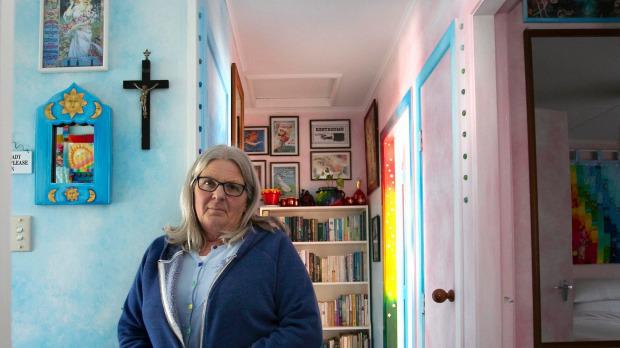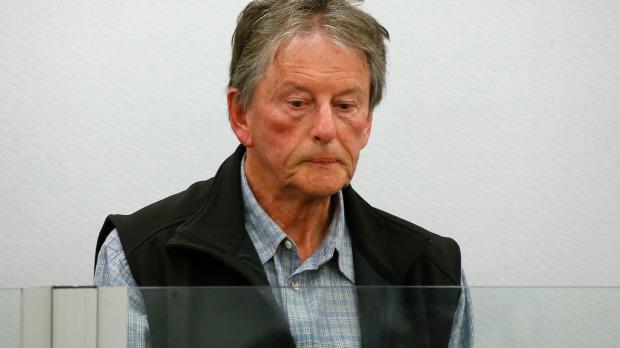|
Priest sexual abuse victim says law not requiring religious groups to police vet children's workers is dangerous
By Talia Shadwell
Spiritual leaders with access to children are not subject to police vetting, a loophole that urgently needs closing, according to a victim of historic sex abuse. Ann-Marie Shelley, of Upper Hutt, was abused by Catholic priest Peter Hercock, who molested her when she was a teenager, along with three other girls. "As more voluntary groups become known for their rigorous screening practices, potential child abusers will be put off even applying for work with children." As it stands now, the law states that all State-funded organisations have to vet children's workers. But despite a legacy of child sexual abuse scandals, the law does not cover religious institutions.While State-funded children's workers must be background-checked, religious groups are being left to themselves. The Government says it has urged them to voluntarily adopt the vetting practices set out in Vulnerable Childrens Act, which came into force in 2015 - and some have. The law applies anyone in a government-funded agency that works with children, along with core children's workers like nurses and teachers. It also covers employees in religious groups' programmes that receive State funding and teachers at religion-affiliated private schools. Last year the vetting requirement was widened to include organisations that received taxpayer money to deliver help - such as addiction and disability services - to adults with children in their households. But all religious groups should screen leaders and youth workers too, Shelley said. "What you see in a person who works with children and young people is not necessarily what you get." While some major institutions have taken up the challenge to self-monitor, questions remain over fringe groups. Stuff revealed yesterday the leader of a new age spiritual group, the Foundation of Higher Learning, based near Raglan in Waikato, has a child sex offending history.
Imre Vallyon admitted he had not told all followers of his past, including his conviction for molesting a young girl in the guise of spiritual teaching at one of his institutions.
Among those that responded; the Catholic Church's policy requires not only police checks, but psychological testing for its clergy training to join the order. Presbyterian and Mormon churches already have national policies to vet employees and volunteers with access to children, and the Anglican Church circulated a document to its diocese last year recommending the same. Minister for Children Anne Tolley said any business, voluntary or sport organisation working with children was actively encouraged to create "robust" safety checking policies. "Whether they are required to or not. We would expect any organisation to take responsibility for anyone involved, especially if they are around children."
Otago University theologian Professor David Tombs said if spiritual groups were ordered to screen workers it could become an ethical issue. "There would be a fair question on why this should apply only to churches and religious groups, if it were not a requirement for all voluntary groups. Without a good reason for targeting the churches, it would look like anti-religious discrimination." It was not only religious institutions that attracted predatory behaviour, Tombs emphasised - pointing to allegations of historical sexual abuse of hundreds of young footballers at clubs currently emerging in the United Kingdom. Fellow Otago theologian Professor Murray Rae said New Zealand tended to preserve a boundary- pointing to other areas where religions set their own policies separate from the state - like not ordaining same-sex marriages. "There is always a balancing act between freedom of religion and the legal requirements of the land."
|
.
Any original material on these pages is copyright © BishopAccountability.org 2004. Reproduce freely with attribution.


